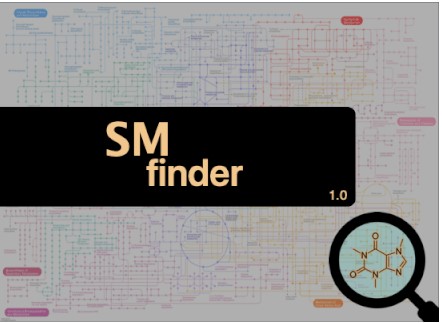Functional Proteomics
Research project
After the genomic revolution the focus of biological research is shifting from the description of singular interactions between macromolecular compounds, to the comprehensive qualitative and quantitative detection, measurement and mapping of complex molecular systems. To achieve this task we are developing and applying new technologies in the field of mass spectrometry-based proteomics and metabolomics.
How do cells communicate? How do they sense and affect the microenvironment? It is widely accepted that cells communicate via soluble factors (secretome) that are released in the extracellular space and are uptaken by neighboring cells or can travel a longer distance trough the blood. Cells establish intercellular communication also via adhesion molecule-mediated cell to cell interactions, or, as it has been recently described via circular membrane fragments (exosomes and microvescicles), which contain proteins, lipids microRNA and mRNA that are delivered in a biologically active form to recipient cells.
In particular, our group is interested in understanding how tumors tame the microenvironment to facilitate growth and spreading. To address this issue we exploit quantitative label free and SILAC based proteomics to characterize the molecular composition of patients derived cancer cells with the aim of identifying new prognostic factors able to better stratify patients and possibly also clarify the disease mechanisms. Second, we are studying the tumor-derived secretome, exosomes and microvescicles in order to identify specific molecular signatures in aggressivevsless aggressive tumor phenotypes and to elucidate which molecules prompt the microenvironment to an increased angiogenic and metastatic potential affecting the neighboring cells.
We decided to tackle the aggressive-tumor microenvironment from a global, untargeted, -omic, point of view, as this is representative of what happens in vivo where multiple signals are simultaneously conveyed and used to establish a functional tumor-microenvironment crosstalk. Our research is aimed at uncovering mechanisms of tumor-host cells interaction that could not only represent novel drug targets but would also contribute to the development of less invasive diagnostic and prognostic clinical readouts.

